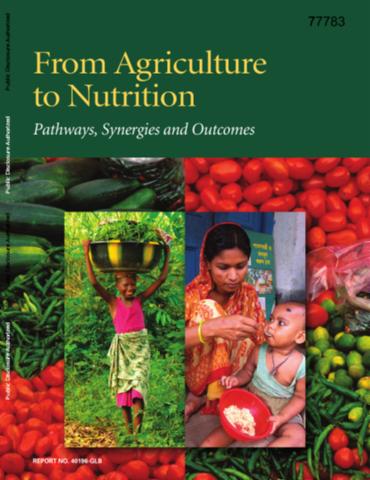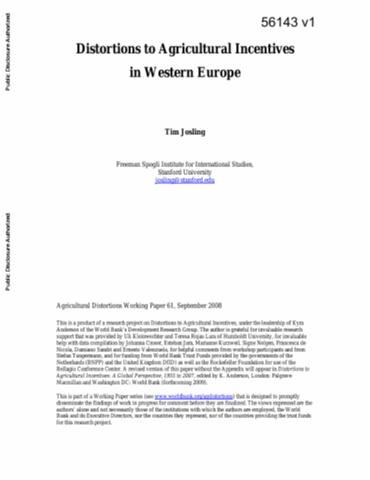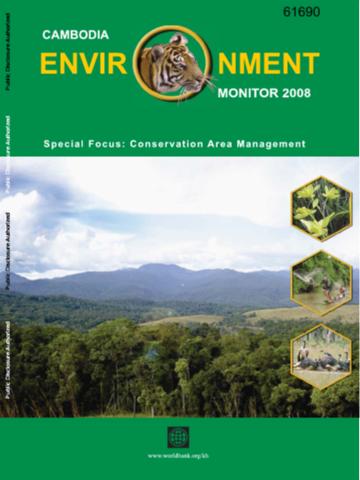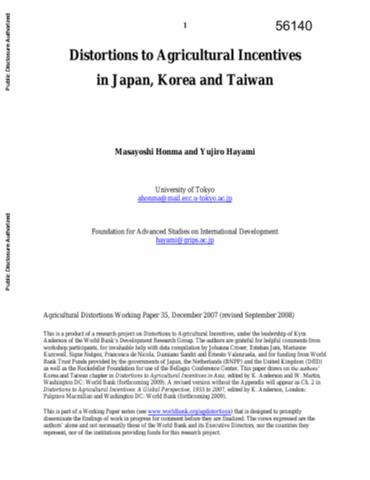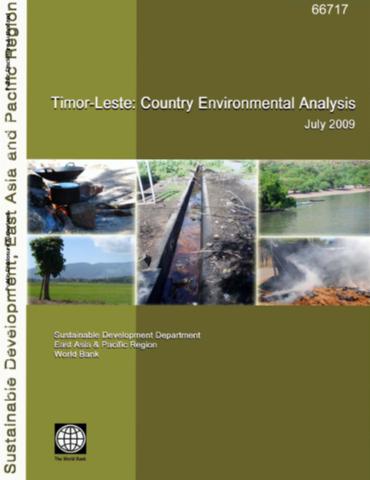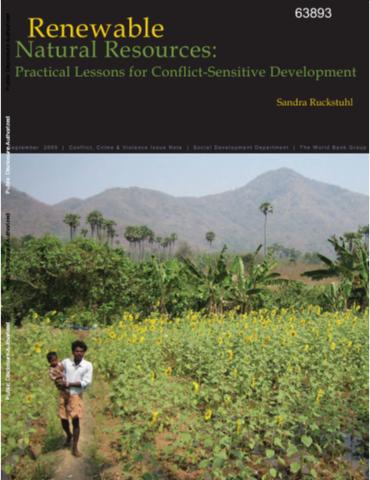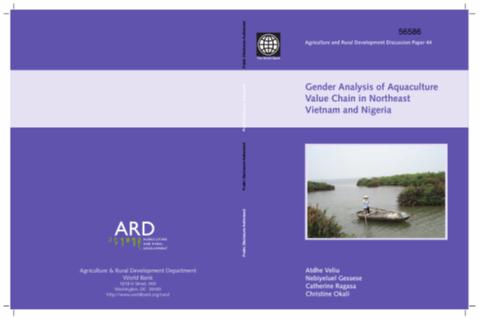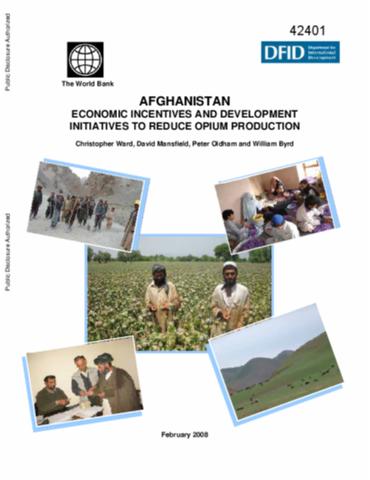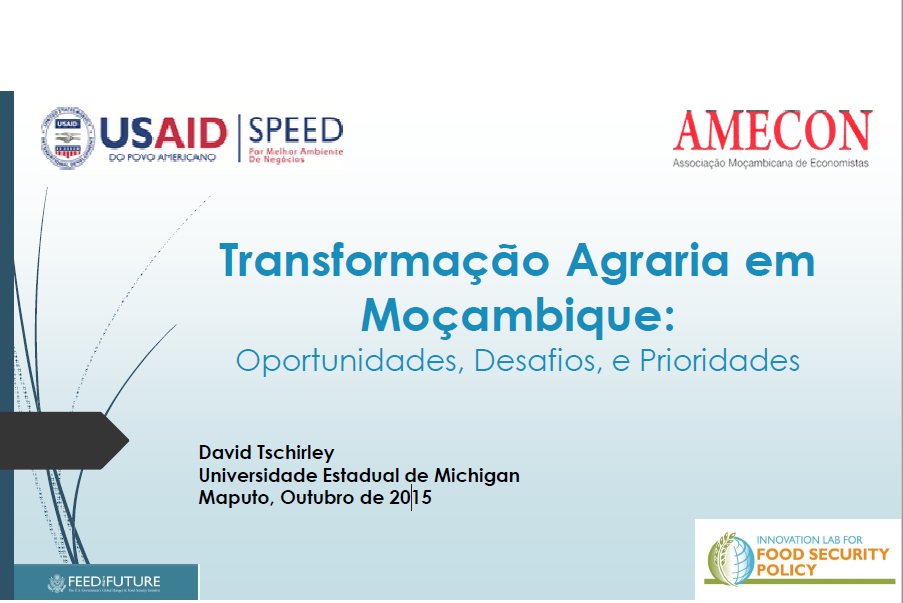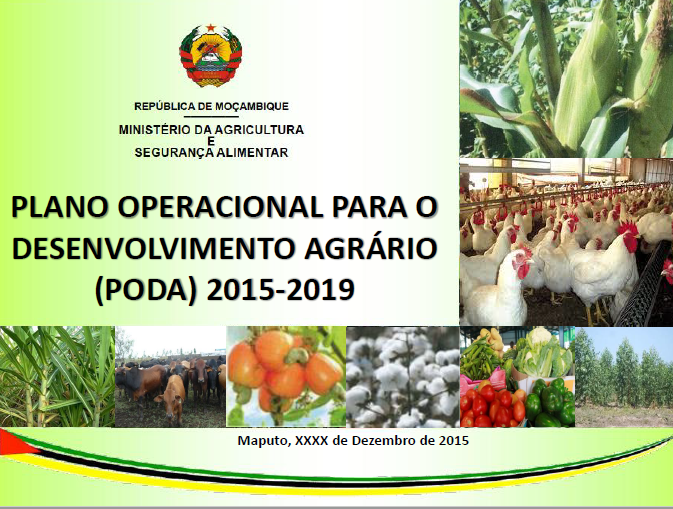From Agriculture to Nutrition
The report seeks to analyze what has been learned about how agricultural interventions influence nutrition outcomes in low-and middle-income countries, focusing on the target populations of the millennium development goals-people living on less than a dollar a day. It also sets out to synthesize lessons from past efforts to improve the synergies between agriculture and nutrition outcomes. The report identifies a number of developments in agriculture and nutrition that have transformed the context in which nutrition is affected by agriculture.

